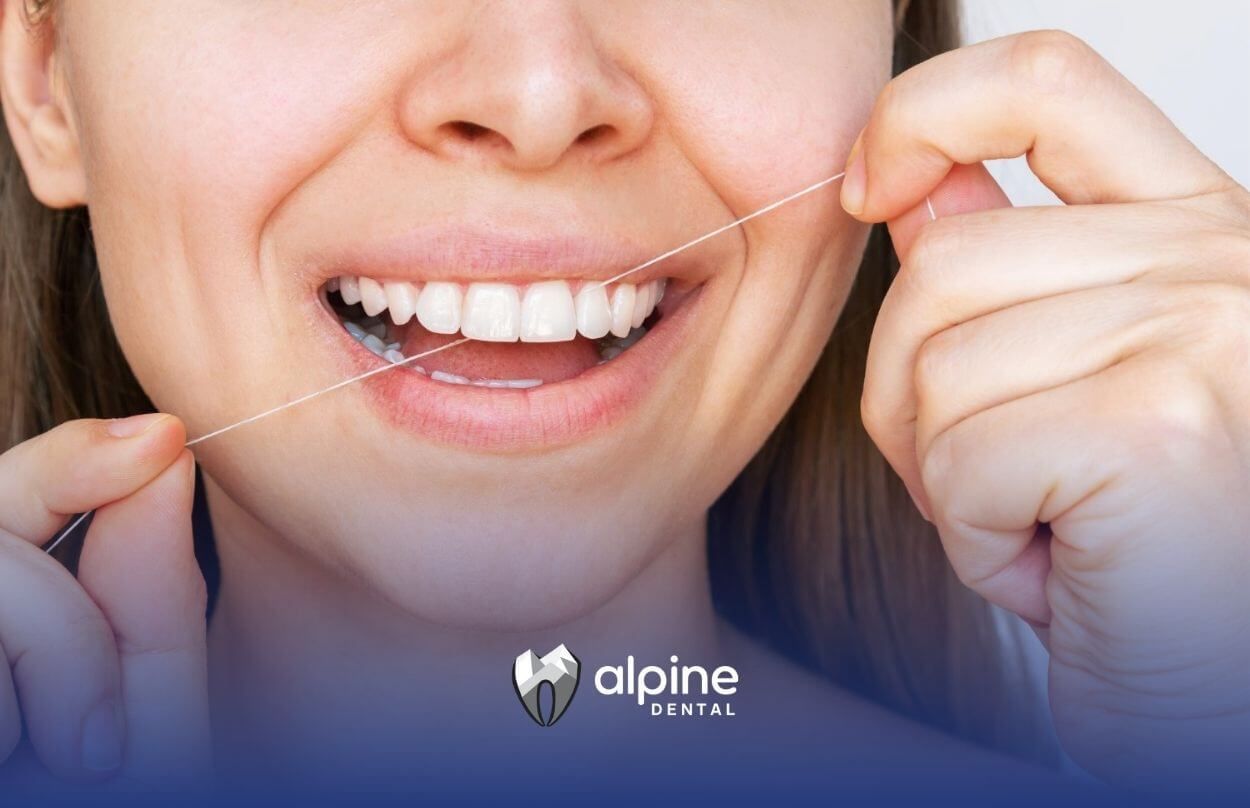The Hidden Dry Mouth Causes Affecting Oral Health
Understanding Dry Mouth Basics
Dry mouth, or xerostomia, occurs when the salivary glands fail to produce enough saliva to maintain oral moisture. Understanding the dry mouth causes helps families and clinicians spot problems early. What underlying factors lead to reduced saliva production?
Defining Dry Mouth
Xerostomia describes a persistent feeling of oral dryness that can interfere with daily comfort and function. It differs from temporary mouth dryness caused by anesthesia or short bouts of dehydration.
Role of Saliva
Saliva plays a vital role in neutralizing acids, rinsing food particles, and preventing tooth decay. It also supports taste perception, chewing, swallowing, and the early stages of digestion.
Medication-Related Causes
Medication-Related Causes rank among the most frequent triggers of xerostomia. Hundreds of prescription and over-the-counter drugs reduce saliva flow, making these an important category of dry mouth causes.
Prescription Drugs
Many prescription medications target the nervous system, leading to thicker, slower saliva production. Common drug classes include:
| Drug Class | Examples |
|---|---|
| Antihistamines | Diphenhydramine, Cetirizine |
| Decongestants | Pseudoephedrine, Phenylephrine |
| Antidepressants | Amitriptyline, Paroxetine |
Data from Pharmacy Times show that antihypertensives and anticholinergics also frequently list dry mouth as a side effect.
Over-the-Counter Remedies
Over-the-counter cold and allergy medicines can also contribute to oral dryness. Key culprits include:
- Pseudoephedrine found in many decongestants
- Diphenhydramine used in sleep aids and antihistamines
Patients should review labels and consult a pharmacist to find lower-risk alternatives.
Disease-Related Causes
Disease-Related Causes can directly impair salivary gland function. Identifying these helps guide medical referrals and treatment planning.
Autoimmune Disorders
Conditions like Sjögren’s syndrome cause the immune system to attack salivary glands, drastically reducing saliva output. This syndrome often presents alongside dry eyes and joint pain.
Diabetes And Metabolic Conditions
Uncontrolled diabetes can damage nerves that regulate salivary flow and cause dehydration through increased urination. Both of these factors elevate the risk of chronic dry mouth.
Cancer Treatments And Nerve Damage
Radiation therapy for head or neck cancer can scar salivary glands and surrounding tissues, leading to permanent xerostomia. Nerve damage from surgery or injury also disrupts saliva production.
Lifestyle And Environmental Triggers
Beyond medical issues, everyday habits and surroundings influence saliva levels. Addressing these triggers offers simple relief strategies.
Hydration And Fluid Balance
Dehydration remains a leading cause of temporary dry mouth. Low fluid intake, fever, and excessive sweating all reduce overall body hydration, including saliva volume.
Habits And Behaviors
Certain behaviors further decrease oral moisture:
Smoking And Tobacco Use
Tobacco irritates salivary gland tissue and reduces flow, compounding dry mouth symptoms. Quitting smoking improves oral moisture within weeks.
Mouth Breathing
Breathing through the mouth dries saliva rapidly, especially during sleep. Installing a humidifier and practicing nasal breathing can help restore moisture.
Diagnosing Dry Mouth
Accurate diagnosis of xerostomia relies on both clinical observation and objective testing. Dentists and hygienists play a key role in early detection.
Clinical Signs
During an exam, a dentist looks for a dry, rough tongue and inner cheeks instead of a smooth, shiny surface. Increased cavities and gum inflammation also signal chronic dryness.
Salivary Flow Tests
Clinicians may measure saliva volume over a timed period or use pH strips to assess saliva quality. These tests quantify secretion rates and identify saliva inconsistency.
Complications Of Dry Mouth
Left unmanaged, xerostomia leads to serious health and lifestyle concerns. Recognizing these complications underscores the need for prompt intervention.
Oral Health Risks
Insufficient saliva fails to neutralize harmful acids and wash away bacteria, increasing the risk of tooth decay, gum disease, and oral infections.
Nutritional And Digestive Issues
Dry mouth can impair taste, chewing, and swallowing, making meals less enjoyable and altering dietary intake. Inadequate saliva also hinders the first step of digestion in the mouth.
Managing Dry Mouth
Addressing dry mouth causes directly improves comfort and reduces long-term risks. A combination of lifestyle changes and clinical treatments often provides the best outcomes.
Behavioral Adjustments
Simple habits can boost natural saliva production:
- Sip water regularly throughout the day
- Avoid caffeine and alcohol that dehydrate the body
- Use a cool mist humidifier overnight to maintain oral moisture
Saliva Substitutes And Stimulants
Saliva substitutes, available as rinses or gels, provide immediate relief for dry tissues. Chewing sugar-free gum with xylitol also stimulates natural saliva flow.
Professional Treatments
Dental professionals can recommend several in-office options:
- Fluoride varnishes and sealants to protect enamel
- Prescription saliva stimulants like pilocarpine in severe cases
- Medication reviews to adjust or replace high-risk drugs
Conclusion
Dry mouth causes range from common medications to complex medical conditions and daily habits. Recognizing medication triggers, systemic diseases, and behavioral factors supports accurate diagnosis and effective management. Families and caregivers should monitor at-risk individuals and encourage hydration, regular dental checkups, and tailored treatments. For persistent xerostomia, seeking professional guidance from a dentist or physician ensures optimal oral health and overall well being.
At Alpine Dental, we help patients pinpoint the root causes of dry mouth and create personalized care plans in Lakewood, NJ that restore comfort and protect long-term oral health. Concerned about dry mouth symptoms? Schedule a visit with us today for expert evaluation and treatment options designed around your lifestyle and needs.
Frequently Asked Questions
What are the most common causes of dry mouth?
Dry mouth is often caused by medications (like antihistamines or antidepressants), dehydration, or conditions such as diabetes and Sjögren’s syndrome.
How can I treat dry mouth naturally?
Drink more water, chew sugar-free gum, avoid caffeine and alcohol, and use a humidifier at night. However, persistent dry mouth should be evaluated by a dentist.
Can dry mouth damage your teeth?
Yes. Saliva protects your teeth by neutralizing acids and washing away food particles. Without it, the risk of cavities, gum disease, and infections increases.
SOURCES:
https://my.clevelandclinic.org/health/diseases/10902-dry-mouth-xerostomia
https://www.webmd.com/oral-health/dental-health-dry-mouth
https://www.mayoclinic.org/diseases-conditions/dry-mouth/symptoms-causes/syc-20356048
https://www.pharmacytimes.com/view/drug-induced-dry-mouth
https://www.ncbi.nlm.nih.gov/books/NBK555956/




